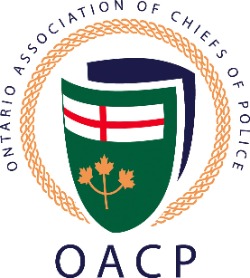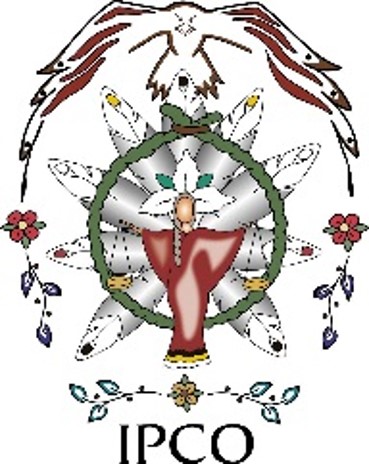

Police officers face significant occupational stresses due to the changing nature of the safety needs of the communities they serve and the corresponding pressures on police professionals to ensure they serve these communities effectively and with professionalism. As Ontario’s police leaders, members of the Ontario Association of Chiefs of Police (OACP) affirm their duty to support their members, both sworn officers and civilian staff, in carrying out their important work.
No matter where they serve, Ontario’s police professionals must be supported in navigating their demanding roles as public servants. They must feel valued and supported in doing their jobs. That support must be tangible and impact them (and their loved ones) positively when it comes to their professional and personal well-being.
Police officers and civilian personnel serving in Ontario’s Indigenous police services face unique challenges. The mental health and wellness issues of these police professionals require particular attention. That’s why the OACP’s Board of Directors has endorsed the Mental Health Review of the Indigenous Police Services of Ontario convened by the Indigenous Police Chiefs of Ontario (IPCO) with the support of Ontario’s Ministry of the Solicitor General. This important review provides insight into:
- Understanding and articulating the particular issues related to policing and mental health in the specific context of the self-administered Indigenous police services of Ontario, including the experiences of both frontline officers and civilian staff
- The unique impact of mental health and well-being issues on these Indigenous law enforcement organizations
- The sufficiency of culturally appropriate support services available to the police professionals in these services, and
- Producing recommendations that are practical, culturally appropriate, and resonate with organizations, members, and communities.
The Mental Health Review sounds the alarm about the mental health and wellness issues facing members of police services who serve Indigenous communities across Ontario. Further, it clearly articulates the implications of the poor mental health facing these officers and civilians when it comes to individual, family, organizational, and community health and safety.
The OACP joins with its IPCO colleagues in encouraging the Federal and Provincial governments to continue to engage in partnerships with police services serving indigenous communities in Ontario to address the 27 recommendations in this review, including increases in funding to meet community needs and the prioritizing wellness in the staffing model, organizational culture, community relations, and mental health responses. These recommendations speak to four specific areas that require urgent attention:
Finding 1: The model of Indigenous policing in Ontario and the resources provided to Indigenous police services do not support and actually directly impair the positive mental health of police members. (Recommendations 1-7)
Finding 2: Community needs and interests do not align with the policing model, contributing to low morale and the poor mental health of members. (Recommendations 8-13)
Finding 3: The internal culture of the services does not support the mental health and wellness needs of members. (Recommendations 14-19)
Finding 4: The responses available to members who require mental health support are wholly inadequate. (Recommendations 20-27)
The OACP commits to supporting IPCO as these police leaders engage in education on these important issues and advocate on behalf of their organizations and members. The association will also support IPCO as it continues to seek financial support and resources from senior levels of government. This is important in order to meet the mental health needs of police personnel serving indigenous communities and allow these police professionals to effectively serve indigenous communities across the province.
The Mental Health Review of the Indigenous Police Services of Ontario is available here.
Issued: June 27, 2022











